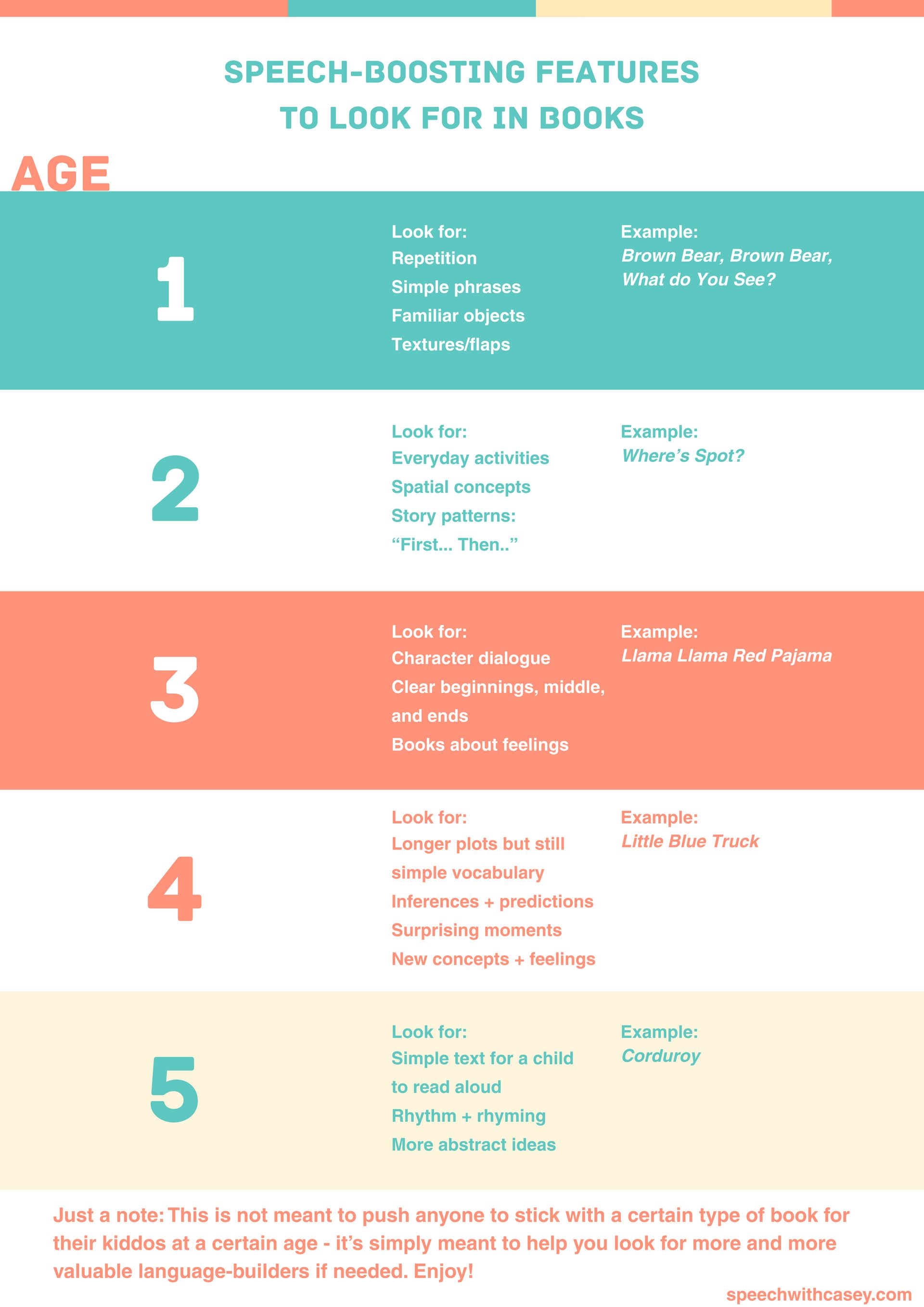
Hi friends, Reed here. This is a guide that Casey helped me make. I’ve needed it myself to get more creative when reading books to our kids. I hope it’s helpful for you as well!

Now here’s the rest of the email from Casey, enjoy!
_______________________
I can picture it: my son is lying face-down on the living room floor in full meltdown mode. Across the room, his toy is also face-down….thrown in frustration because it wasn’t doing what he wanted it to do.
I was only a few steps away, ready to help him figure it out. But he never asked for help, so I assumed he didn’t need it. And I didn’t offer.
In moments like these, many parents’ first instinct is to rebuke their child for throwing the toy and become frustrated that they didn’t “just ask for help”. We assume the tantrum is an overreaction to a simple problem.
But the truth is, most early language learners don’t (or can’t) ask for help, even when they really need it. Sometimes it’s because they don’t know how to ask. Other times, they don’t even realize that asking for help is an option.
And if they’re already in meltdown mode? Forget it. Language is already hard when you’re young, but it’s even harder when your emotions are running high. Have you ever been so mad you couldn’t think of the words to say, even though you know plenty of words? Then later, when you’ve calmed down, all the things you should have said suddenly come to mind? That happens with our kids, too.
So instead of expecting our kids to “just use their words,” especially when they’re dysregulated, let’s shift the goal to teaching them how to ask for help, and showing them that it’s okay to do so.
Tips for Teaching “Help” ⬇️
Model it.
Show your child what asking for help looks like by doing it yourself. Say things like, “Can you help me build this tower?” (even if you don’t need help). This normalizes asking and shows them that even adults need help sometimes. Bonus points if you pair it with the sign for “help”!
Practice when they’re calm.
Create low-pressure opportunities for your child to ask for help during play or everyday tasks. The more they practice when they're emotionally regulated, the more likely they’ll access those words when they’re upset.
Support them in the moment.
When frustration hits, “Help me” might not roll off their tongue. Stay calm, gently remind them that you’re there, and offer language like: “If you need help, you can say, ‘Help me.’” Make it easier for them to find the words.
Respect their desire for independence.
Sometimes, their frustration comes from wanting to do it without help. And that’s okay too! If they don’t want help, don’t force it. Acknowledge their effort and let them know you’re nearby if they change their mind.
With time, practice, and (a lot of) patience, they’ll learn to ask for the help they need more easily. And hopefully for you parents, that will result in less full-blown melt-downs on the floor.
Thanks for reading!
Casey